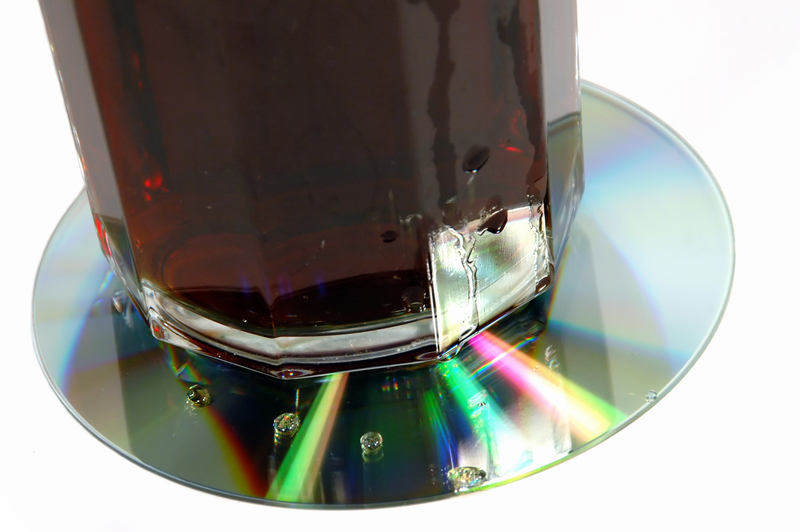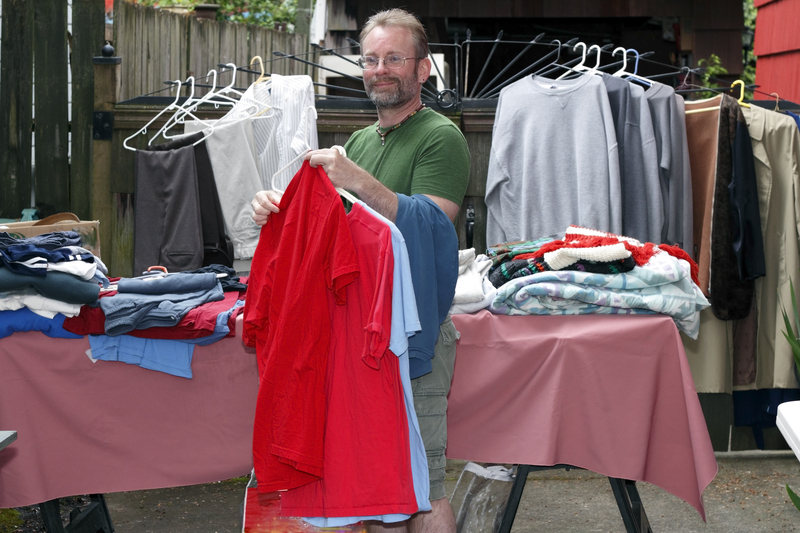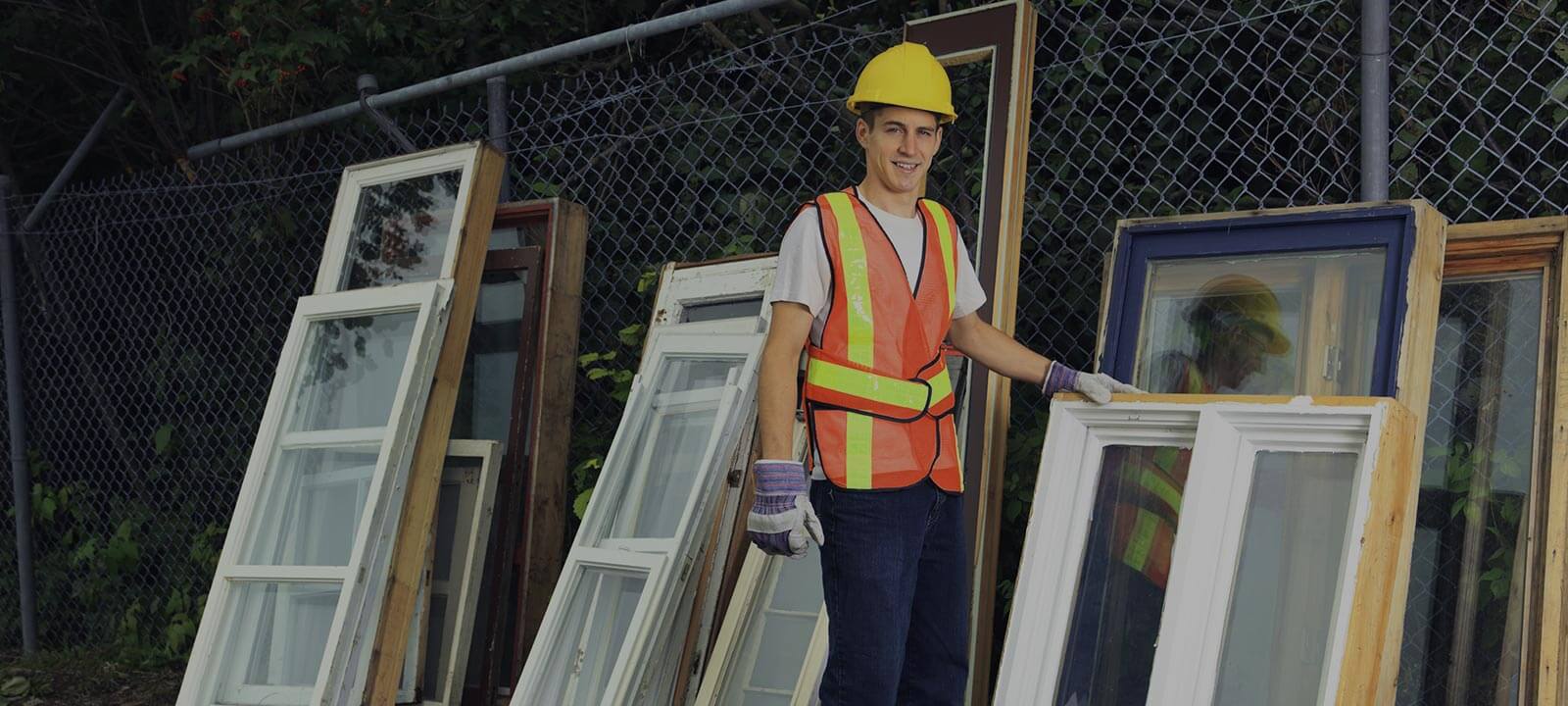Sustainable Methods for Handling Garden Debris
Posted on 11/05/2024
Gardening is a wonderful hobby that not only beautifies our surroundings but also has numerous health benefits for both mind and body. However, one downside to gardening is the accumulation of garden debris, which can be a nuisance to handle. From fallen leaves and twigs to leftover lawn clippings and fallen fruits, managing garden debris can be a tedious task. But did you know that there are sustainable methods that can not only help in handling garden debris efficiently but also prove beneficial for the environment? In this article, we will discuss some eco-friendly ways to manage and dispose of garden debris.
1. Composting
Composting is a natural process of decomposing organic material into nutrient-rich soil amendment. It is an excellent way to dispose of your garden debris while creating organic fertilizer for your plants. Simply collect your garden debris such as dry leaves, grass clippings, fruit peels, and vegetable scraps in a compost bin or pile. Add some water and turn the pile regularly to aerate it. Over time, the organic matter will break down into rich compost that can be used in your garden beds for healthier plants.
Composting not only reduces the amount of waste ending up in landfills but also helps reduce greenhouse gas emissions by preventing the release of methane from decomposing materials.

2. Mulching
Mulching is another sustainable method for handling garden debris. It involves spreading a layer of organic material on top of the soil in your garden beds or around trees and shrubs. This layer acts as insulation, retaining moisture in the soil and regulating its temperature. It also suppresses weed growth and adds nutrients to the soil as it breaks down.
You can use shredded leaves, grass clippings, wood chips, and other small plant materials as mulch. This method not only helps you get rid of your garden debris but also improves the overall health and appearance of your garden.
3. Upcycling
Upcycling is the process of repurposing old or unwanted items into new and useful products. This method not only reduces waste but also promotes creativity. When it comes to handling garden debris, there are many ways to upcycle them instead of disposing of them.
For instance, you can turn old branches and twigs into garden edging or trellis for climbing plants. Fruit peels and scraps can be used as natural fertilizer, and empty containers can be transformed into pots for your plants. The possibilities are endless, and upcycling is an excellent way to add a unique touch to your garden while reducing waste.
Pros and Cons
There are several pros to using sustainable methods for handling garden debris. Firstly, it reduces the amount of waste ending up in landfills, which helps in preserving the environment. Secondly, it provides free and natural fertilizers for your plants through composting and mulching. Thirdly, upcycling promotes creativity and adds a personal touch to your garden.
However, there are also some cons to consider. Composting requires space, time, and effort, which may not be feasible for everyone. Mulching can attract pests if not done properly. And upcycling may require additional tools or skills.
Tips for Sustainable Garden Debris Management
- Collect your garden debris regularly to prevent it from piling up.
- Cut down larger pieces into smaller bits before composting or mulching.
- Avoid using diseased or pest-infested materials in composting.
- Layer green (nitrogen-rich) and brown (carbon-rich) materials in compost pile for better decomposition.
- Use mulch sparingly around plant stems to avoid trapping moisture and causing rotting.
- Get creative with upcycling and repurposing materials instead of throwing them away.

Takeaways
Garden debris management is an essential aspect of maintaining a healthy and sustainable garden. By using methods like composting, mulching, and upcycling, we can not only dispose of our garden waste but also contribute towards a greener and cleaner environment. These methods provide added benefits such as natural fertilization, improved soil health, and creativity in gardening. However, it is essential to consider the cons and follow tips for effective and safe handling of garden debris.
Conclusion
In conclusion, sustainable methods for handling garden debris are not only beneficial for our gardens but also for our planet. Composting, mulching, and upcycling are easy and eco-friendly options that can help us manage our garden waste effectively while promoting a healthier environment. By incorporating these practices into our gardening routines, we can create a greener and more sustainable world, one garden at a time. So let's take a step towards an eco-friendly garden today!










